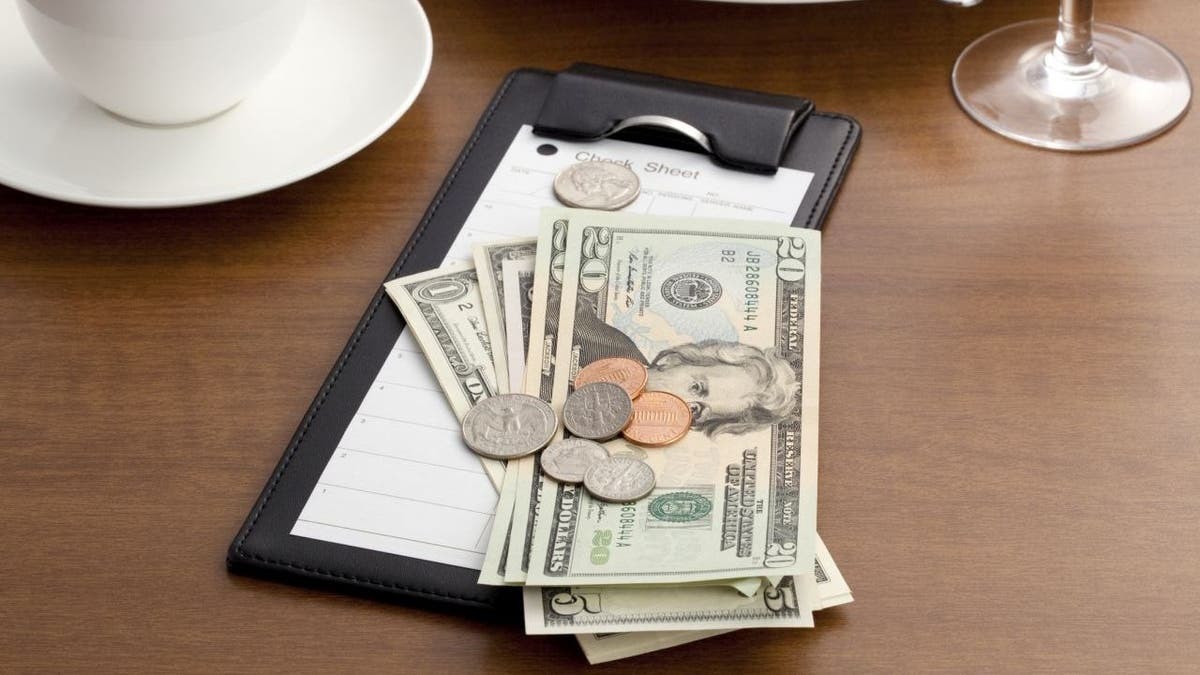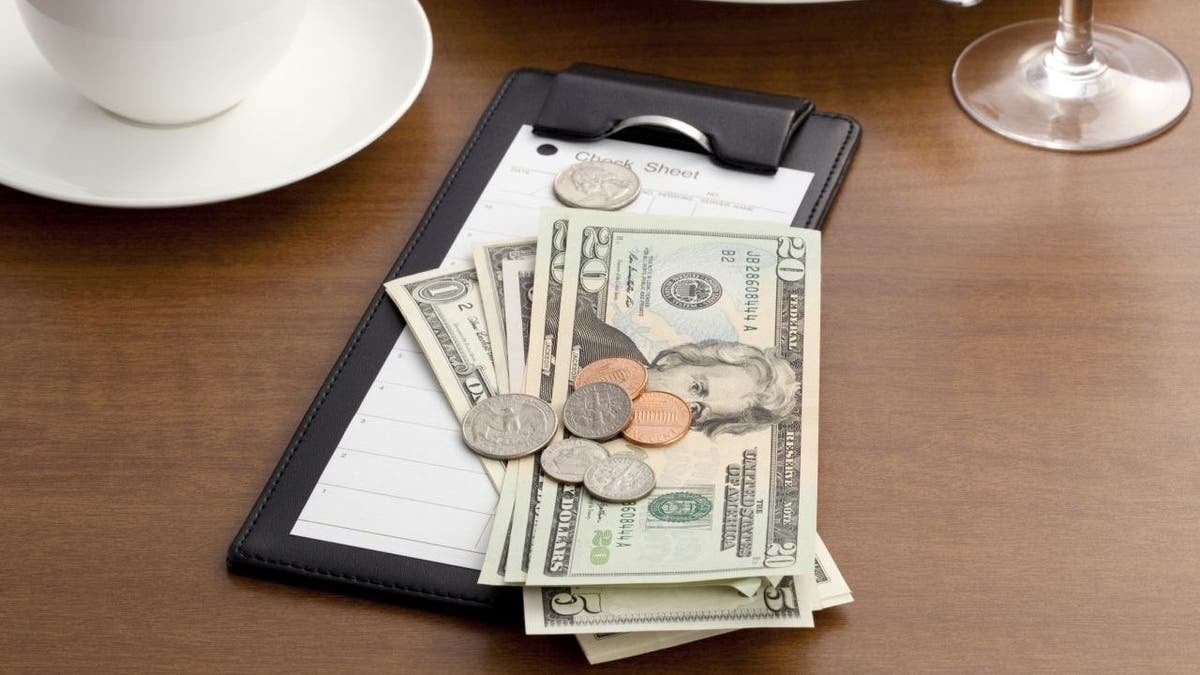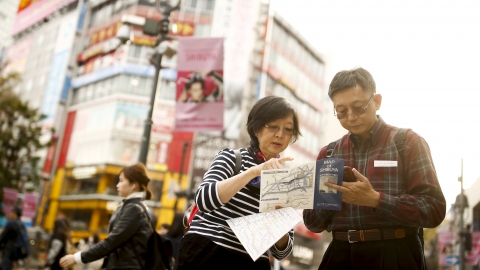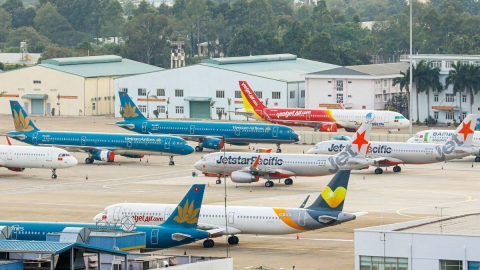A tip is a small amount of money, not included in the bill, that customers give to staff to show their satisfaction with the quality of service. However, whether tipping is a common or mandatory practice varies from country to country.
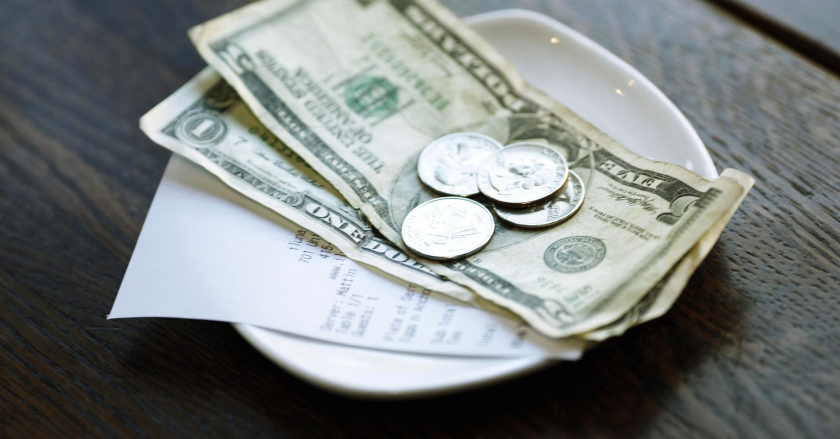
While tipping is considered a cultural norm in many countries, this nation views it as taboo.
Tipping in East Asia and the South Pacific
Outside of tourist areas, in countries in East Asia and the South Pacific, tipping is not very common, so offering a tip can sometimes surprise staff and may even be refused.
In China, Myanmar, Singapore, and other countries, tipping is considered unnecessary; however, some upscale restaurants in China have begun accepting it. Other Asian countries, such as Japan and Nepal, believe that receiving good service is a natural part of life, so tipping should only be given for exceptional service. In Japan, some restaurants even politely decline your tip.
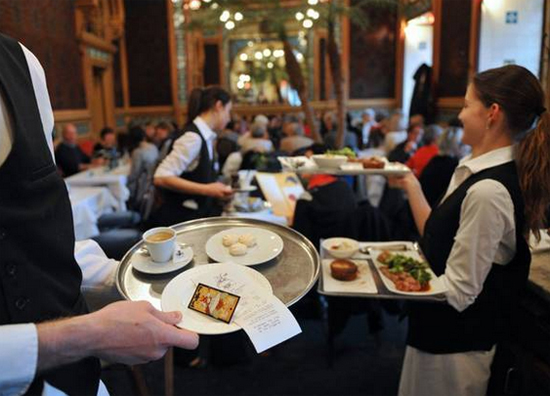
The government in Singapore does not allow service establishments to accept tips.
Especially in Japan, employees are always mindful of serving customers not for tips or bonuses, but because the Japanese always work their hardest to ensure that customers are truly satisfied with their service and products. They consider money as the result of hard work, so if you give them extra money beyond the listed price, they will feel insulted, as if they are not being paid enough and therefore need the extra tip.
Due to the influx of tourism, countries like Cambodia, Indonesia, Thailand, Vietnam, and parts of Türkiye are becoming more open to tipping. However, tipping is still not considered essential, so not leaving a tip won't be seen as ungenerous.
In Australia and New Zealand, restaurants and drivers don't expect tips, but they will appreciate it if you proactively round up the bill.
Tipping in America
If you're from the United States, you may be familiar with the unwritten rule about tipping: the more generous your tip, the better service you'll receive on your next visit. Generally, in North, Central, and South America, leaving a tip for service staff is considered common practice in restaurants and cafes. Therefore, tips sometimes constitute a significant portion of a server's income.
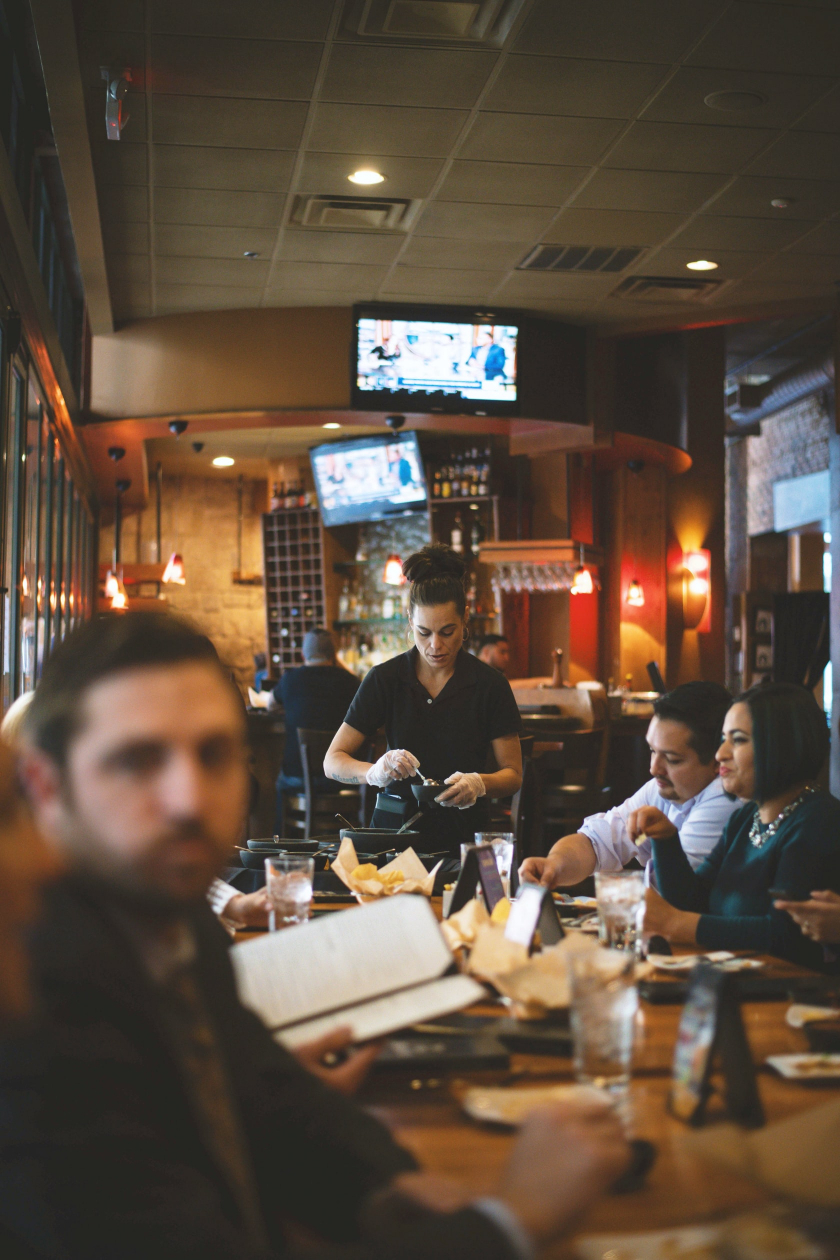
The United States is a country known for its tipping culture.
Trip Advisor suggests a reasonable tip would be equivalent to 15-20% of the bill at restaurants or taxis. Similarly, regulars in Canada and Colombia also tip staff around 15-20% of the bill. In Argentina, Mexico, Nicaragua, and Peru, the tip amount may be slightly less, with 10-15% of the bill being the standard.
Additionally, most restaurants in Brazil, Chile, and Costa Rica add a 10% commission to the bill when you make a reservation. In these cases, customers may not need to leave a tip, but if possible, feel free to add 5-10% in cash, as staff sometimes don't receive the tip.
It's especially important to note that if you leave a tip in Brazil, be sure to do so discreetly, as Brazilians are quite sensitive when it comes to business transactions.
Tipping in Europe
It can be said that leaving a tip exceeding 15-20% of the bill is unnecessary and sometimes considered ill-informed, as many countries in the European Union already have laws regarding tipping.
Some countries, like the Netherlands, require establishments to include tipping in their price lists. However, it's common for people to still leave a small tip of around 5-10% when the service is good; this is known as "fooi" in Dutch.
Other EU countries that typically include a service charge on the bill include the Czech Republic, France, Hungary, Spain, and Sweden. In these countries, tipping is not a custom, but is considered a generous gesture in exchange for exceptional service.

In Spain, most restaurants and bars expect to receive tips from tourists of around 5% of the total bill.
Germany, Ireland, Portugal, and the United Kingdom don't have a specific tipping culture, so leaving a tip is up to you. A general rule of thumb is 5-10% of the service price. Drivers and bartenders in these countries don't usually expect tips, but rounding up the bill is always appreciated.
In Austria, Italy, and Russia, tipping isn't very common, but people are generally generous enough to round up the bill because service staff pay relatively low wages. Some tourist areas in Italy add a surcharge called 'coperto', meaning "coverage cost," but this gratuity isn't always shared with the staff – so if you want to tip in Italy, leave cash to ensure the tip reaches the server.
One interesting thing about tipping in Germany is that the word for "tip" is "trinkgeld," which means "money for drinks," while in France the word for tipping is "pourboire," which means "have a drink."
Tipping in the Middle East and parts of Africa
Similar to the Americas, tipping is customary and expected by service providers in Africa and the Middle East. The value of the tip usually varies depending on the restaurant and the economic situation of the country.
In Qatar, Saudi Arabia, and the United Arab Emirates, service staff are accustomed to receiving tips of 15-20%. Even in cities like Dubai, where a 10% service charge is already added to the bill, restaurant staff will still be extremely happy to receive an additional 15-20% as a bonus for their efforts.
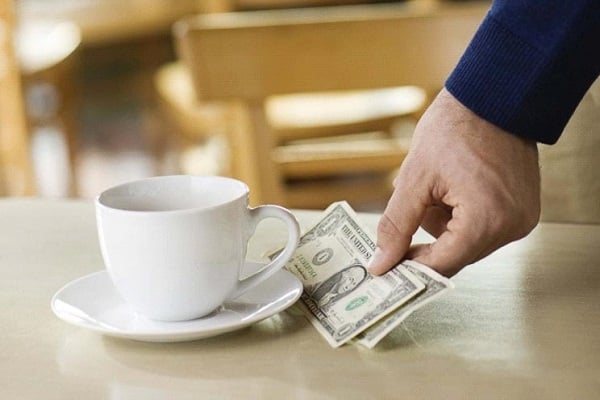
Tipping is customary and expected by service providers in Africa and the Middle East.
In African countries like Jordan, Morocco, and South Africa, waitstaff will expect at least a 10-15% tip. Restaurants in popular tourist destinations like Egypt and Israel will also add a service charge to the bill, so be mindful to avoid tipping double.
In Iranian culture, in particular, a gift is considered far more meaningful than money. Tourists are encouraged to express their satisfaction and appreciation at hotels by giving a small gift from their home country.

 VI
VI EN
EN



